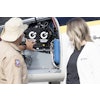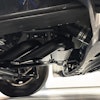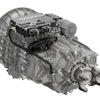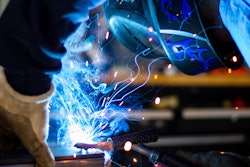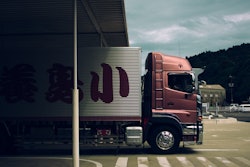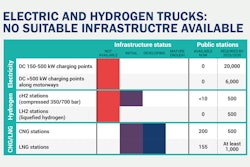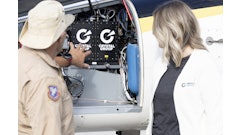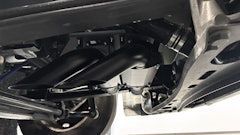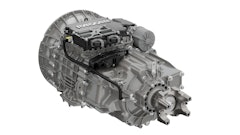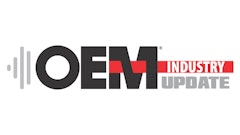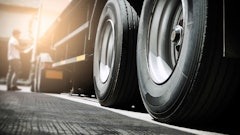
As Europe is grappling with the health, social and economic impacts of COVID-19, the European Automobile Manufacturers’ Association (ACEA) has set out four guiding principles for a successful re-launch of the auto and commercial vehicle industries, which will be vital to the wider economic recovery of the continent.
“It is in Europe’s interest that this key strategic sector not only recovers, but also is revitalized in order to make a strong contribution to the EU’s industrial strategy, the European Green Deal as well as the continent’s global innovation leadership,” states Eric-Mark Huitema, Director General of ACEA, which represents Europe’s 16 major car, truck, van and bus manufacturers.
1. Defining a coordinated strategy to safely relaunch vehicle production as soon as possible
As soon as the immediate crisis ceases, it is vital that both manufacturers and suppliers can rapidly and simultaneously get their plants up and running across the whole supply chain and in all countries. Otherwise it will be impossible to return to full-scale production. ACEA therefore is requesting EU-wide support for a coordinated re-start of activities and investments right along the supply chain.
“A top priority is to protect the health of all those who work in the auto sector,” says Huitema. “To that end, we need clarity on the relevant health and safety rules in each country for when production re-starts.”
2. Stimulating market demand for all vehicle categories
Huitema says, “As Europe looks to reboot its economy, it will be crucial that clean road transport and mobility are affordable for everybody across the continent. Given the fragile economic situation, however, many consumers and professional transport operators will be simply unable to purchase new vehicles.” Therefore, fleet renewal schemes for all vehicle categories across the EU would be needed to help re-launch demand for the latest vehicle technologies.
3. Unblocking type approval and registrations of the latest-technology vehicles
Today’s standstill within the industry, technical services and national type approval authorities is understandably disrupting the approval or ‘homologation’ of new vehicles, meaning they cannot be sold. Similarly, if vehicle registration authorities are shuttered and cannot grant registrations, businesses and customers cannot use their new vehicles. ACEA therefore urges authorities in the EU member states to accelerate the type approval and vehicle registration process to the maximum extent possible, given the constraints currently in place.
4. Accelerating investment in recharging and re-fueling infrastructure
An EU-wide network of charging and re-fueling infrastructure will be key to ensuring that the fleet can be renewed in an environmentally-friendly way, according to ACEA.
Read ACEA's full statement, ‘Corona crisis: Towards a strong and green re-launch of the EU auto industry.’
